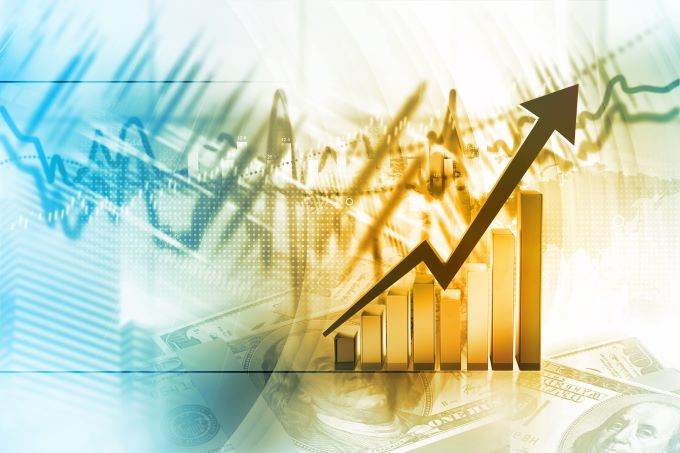The Dow Jones Industrial Average closed Q2 2020 at record highs, and oil prices had their best quarter in 30 years in Q2. U.S. jobs data expected out this week is also expected to reflect record levels of new job opportunities, owing largely to the reopening of restaurants and bars across the country. But do these signs indicate that economic recovery is on a solid course? Or are there additional complications ahead?
 Federal Reserve Chairman Jerome Powell commented earlier this week that the U.S. economy has "entered an important new phase and done so earlier than expected." Despite this praise and optimism, he warned that the outlook is "extraordinarily uncertain," and that the spread or containment of the novel coronavirus will have a tremendous impact on the trajectory of the U.S. economy.
Federal Reserve Chairman Jerome Powell commented earlier this week that the U.S. economy has "entered an important new phase and done so earlier than expected." Despite this praise and optimism, he warned that the outlook is "extraordinarily uncertain," and that the spread or containment of the novel coronavirus will have a tremendous impact on the trajectory of the U.S. economy.
Even if U.S. unemployment numbers do show the expected rebound for June, unemployment would still be over 15 million jobs below the pre-corona level, which leaves analysts concerned that the tendency to laud positive data is masking the fact that that situation is still bleak.
Nevertheless, there are reasons to be optimistic. According to a Reuters report, U.S. companies are cutting their dividends less than originally expected. If this new prediction proves true, it is likely to send investors flocking to the stock markets, fueling the rally that has taken shape since the original crash when the coronavirus pandemic first began.
According to the Reuters report, S&P 500 companies are expecting to see an aggregate decline of 2 percent in 2020 dividend payments, well below the 10 percent originally forecast. In Q2, S&P 500 companies cut or suspended nearly $40 billion in dividends, the steepest quarterly decline since 2009. However, as the economy continues to recover, the hope is that dividends will be reinstated, and that investors will look towards dividends as a way to guarantee some income during these volatile times. Some companies, especially those that have been boosted by COVID-19 changes, such as Kroger, Target, and Johnson & Johnson, have even raised their dividends during this time.
Risk Appetite Increases
The positive sentiment overwhelming the markets sent gold prices lower on Wednesday, though the precious metal rebounded slightly on Thursday afternoon in London. Gold was trading up 0.236 percent to $1,784.1 as of 12:25 p.m. GMT on Thursday. Oil prices also continued to rise, with U.S. WTI up 0.88 percent to $40.17 per barrel, and Brent crude futures up 0.93 percent to $42.42 per barrel.
European stock markets were also trading in a sea of green on Thursday, buoyed by the positive sentiment. The FTSE was up 0.95 percent in the early afternoon, while the DAX was up 1.89 percent and the CAC gained 1.65 percent.
U.S. stock futures were also higher in premarket trading.

